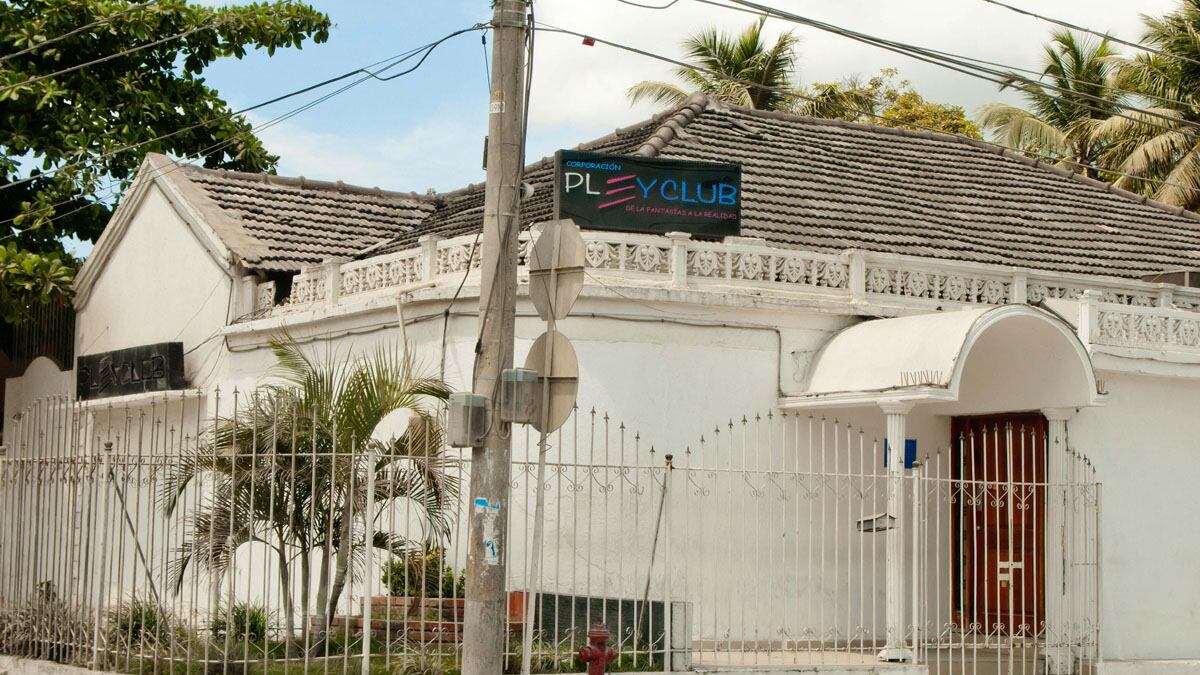The Secret Service sex scandal is growing worse by the day, as new details dribble out about the debacle in Colombia.
Three agents have lost their jobs. Members of Congress are making new allegations. And Mitt Romney is vowing to “clean house” at the agency as the political headaches mount for the Obama administration.
The events are “troubling because Secret Service agents and officers made a range of bad decisions, from drinking too much, to engaging with prostitutes, to bringing foreign nationals into contact with sensitive security information, to exposing themselves to blackmail and other forms of potential compromise,” said Republican Rep. Darrell Issa of California and Democratic Rep. Elijah Cummings of Maryland in a letter to the agency.
Some of the 11 agents suspended for allegedly hiring prostitutes during the president’s visit to Colombia have been given polygraph tests.
In the first interview with one of the women involved, The New York Times quoted a high-priced escort as saying an agent offered her $30 for her services, even though they had agreed on a fee more than 25 times higher for a night of intercourse. That led to an early-morning quarrel at the Hotel Caribe, where she said she got upset and started banging on his door, waking up other guests. The agent wound up paying $225. “They never told me they were with Obama. They were very discreet,” the 24-year-old woman said.
Of the three agents forced out of their jobs Wednesday, one was fired, another was allowed to retire, and a third resigned. Officials have begun two investigations, one by the Secret Service and another by the military, as several enlisted men appear to have been involved.
Important aspects of the case remain unknown, such as whether the prostitutes found out anything about the president’s visit or why that Secret Service guy was so cheap. It is also unclear whether these investigations will lead to an honest accounting of what happened that night, or to reforms within the Secret Service and the military, or will only end up shedding more heat than light on the issue.

Most everything about the case has become politically explosive, particularly in the charged atmosphere of a campaign season. Rep. Peter King, the Republican chairman of the House Committee on Homeland Security, has been tirelessly criticizing the agency. Sen. Susan Collins of Maine, while not nearly as chatty or worked up, also has expressed concern as the senior Republican on the Senate’s homeland security panel. In this kind of setting, it is hard to know whether political pressure will affect the investigators’ work.
“These investigations don’t have to be secret, but they should be conducted in a professional manner—and that doesn’t mean telling everything you know to The New York Times,” says Douglas Frantz, a former chief investigator for the Senate Foreign Relations Committee. “It’s just too easy to let an investigation like this get bogged down in politics and muddy up a bunch of people.”
It is, of course, not the first time Americans have gotten into trouble abroad. In one little-known incident, two special operators were working out of a hotel in Asunción, Paraguay, in 2004, and one evening they pulled up to a bar in a taxi. A bandit tried to rob them, and they shot and killed him and went back to work Monday morning as if nothing had happened. “The shooting upset the Paraguayans,” a former U.S. Special Operations commander told me. “Everybody got their hair on fire.”
The shooting death barely made the American press. Still, commanding officers at U.S. Special Operations headquarters acknowledged that they had made a mistake: “They picked the wrong guys to go there,” says a civilian who worked with the military at the time. After that, they began sending better-trained people abroad for such assignments.
CIA officials did not have the same kind of problems, though, and for years they carried on with business as usual, sending contractors and trigger-happy guys to places like Pakistan. Then one of the contractors shot two men in Lahore, causing an international scandal far worse than the one that has unfolded in Colombia.
People sometimes go astray, whether they are working for a private military contractor or for an organization as straitlaced as the Secret Service: “It’s probably the most conscientious bunch of people in the world,” one former special agent told me. Still, not everyone fit that description. Alcoholics, shoplifters, and cheats also worked there: “They’re just guys like everybody else,” he says.
They may be “just guys,” but they have unusual jobs. They are trained to believe they are invincible—so they will have the strength to jump before a barrage of bullets, for example—and they often are the ones who are making the rules. “They’re the ones who say, ‘Mr. President, you can’t go there,’” as one government official who has worked with them explains. And some do not believe that they always have to follow them.
Sending inexperienced or poorly trained people on these kinds of sensitive assignments, whether for the Secret Service, the military, or the CIA, makes it more likely that things will go wrong. It also makes the investigations of these incidents all the more important—so that officials can determine whether the selection process, or the missions themselves, should be reevaluated.
An Air Force official who has seen more than his share of scandal says he is confident that the investigations into the Colombia case will be carried out in a judicious manner, despite the rising political pressure. “There are safeguards put into the process,” he explains.
Still, it seems unlikely that the president is going to crack down too hard on the people responsible for protecting his life. The punishment for the Secret Service, says one government official, will most likely “be something that looks firm, but is not horrendous.” As the official points out, “He would be a fool to do anything wackily overboard.”






